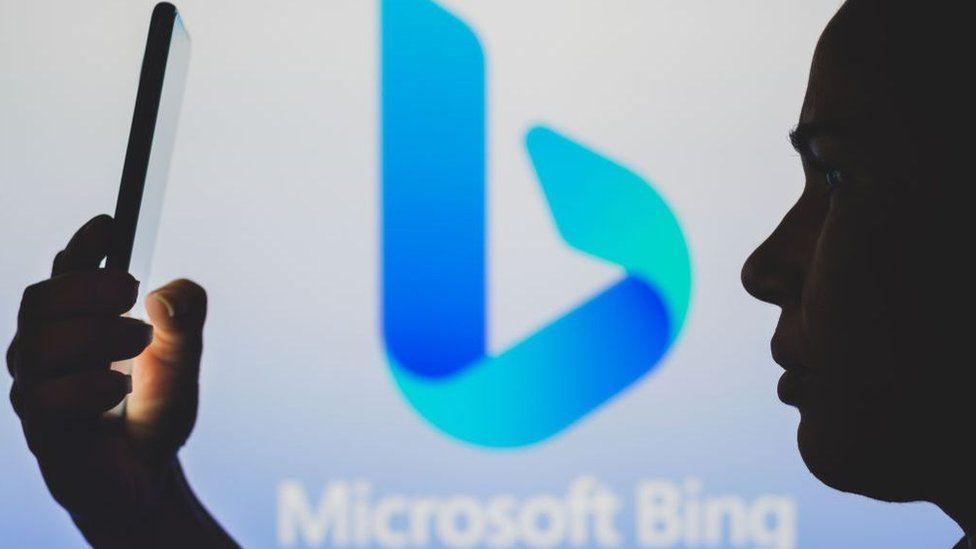ARTICLE AD BOX
 Image source, Getty Images
Image source, Getty Images
Microsoft has announced a new version of Bing
By James Clayton
BBC North America technology reporter
Microsoft has announced a new version of its search engine Bing, which incorporates the latest in artificial intelligence.
The overhaul deploys Open AI's Chat GPT technology, which has taken the world by storm since its launch last year.
The move is by far the biggest threat Google has seen to its dominance in web search - and marks the beginning of an AI arms race between the companies.
"The race starts today," Microsoft boss Satya Nadella said.
Developed by San Francisco-based OpenAI, Chat GPT uses deep learning techniques to generate human-like responses to search requests.
The latest version of Bing responds to search queries with more detailed answers - not just links to websites.
Users are also able to chat with the bot to better tailor their queries. More contextual answers will be added on the right hand side of a search page.
The new Bing search engine will be live right away - with a limited number of searches for each person.
The announcement comes a day after Google revealed details of its own new chatbot, Bard.
Both companies are scrambling to get their products to market.
In a note to investors after the announcement, analyst Dan Ives of Wedbush Securities said he thought that Microsoft's investment would "massively boost" the firm's ability to compete.
"This is just the first step on the AI front ... as [the] AI arms race takes place among Big Tech," he said.
Since Microsoft unveiled the technology on 30 November, the speed of developments have hugely accelerated.
Microsoft, an early backer of the company, last month announced it was extending its collaboration with OpenAI in a "multiyear, multibillion dollar investment".
Microsoft said Bing will use OpenAI technology that is even more advanced than the ChatGPT technology unveiled last year.
It has also announced a new premium tier of Microsoft Teams - its messaging software - that will feature ChatGPT, including a feature that automatically generates notes and highlights of meetings.
Analysts say ChatGPT - which has been used by students to pass exams and tests - has the potential to be incredibly disruptive to multiple professions, including journalism.
But it has been criticised for confidently giving answers that are wrong. It also works on datasets that are generally scraped from 2021 or earlier - so many of its answers can feel outdated.

 2 years ago
52
2 years ago
52








 English (US) ·
English (US) ·